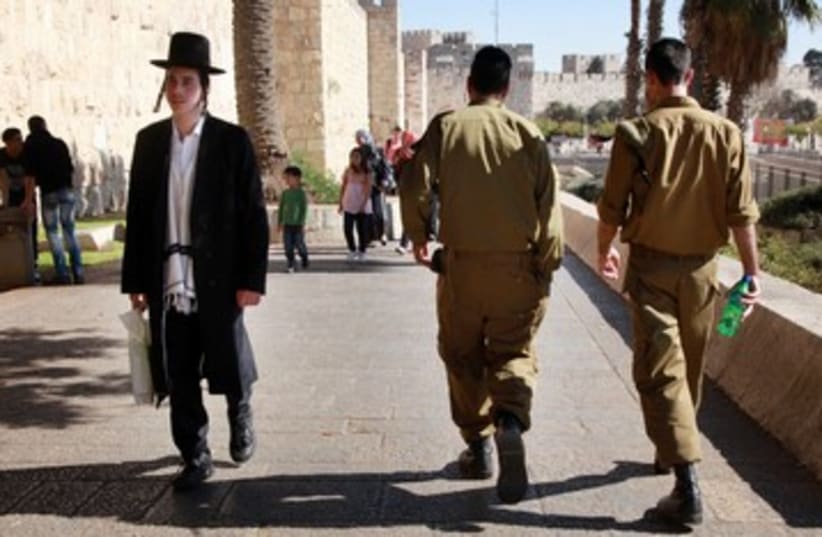Core curriculum is key, minus the political circus
The government is serving long-overdue notice to the largely unregulated haredi education system – give your students the skills which they desperately need to enter the job market or face a financial squeeze.
